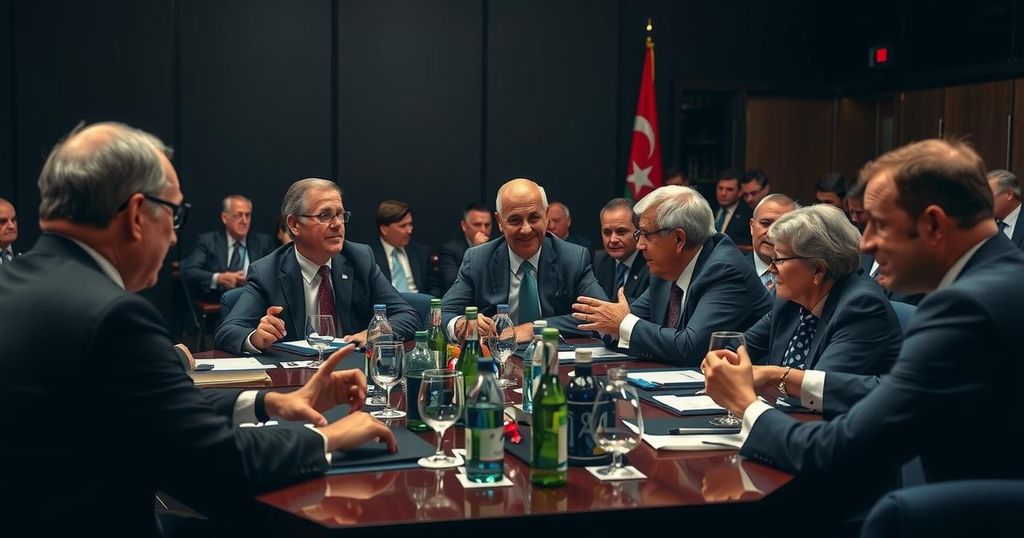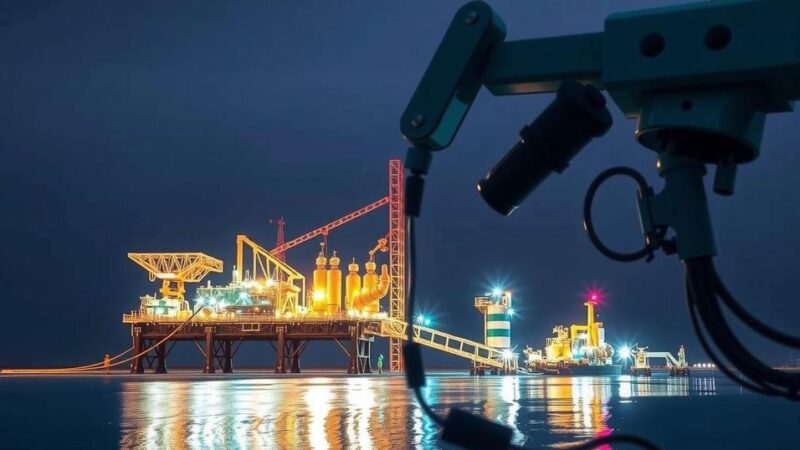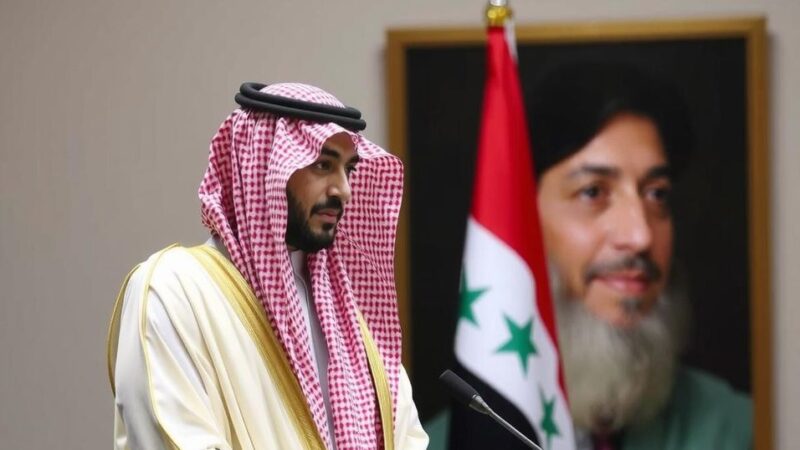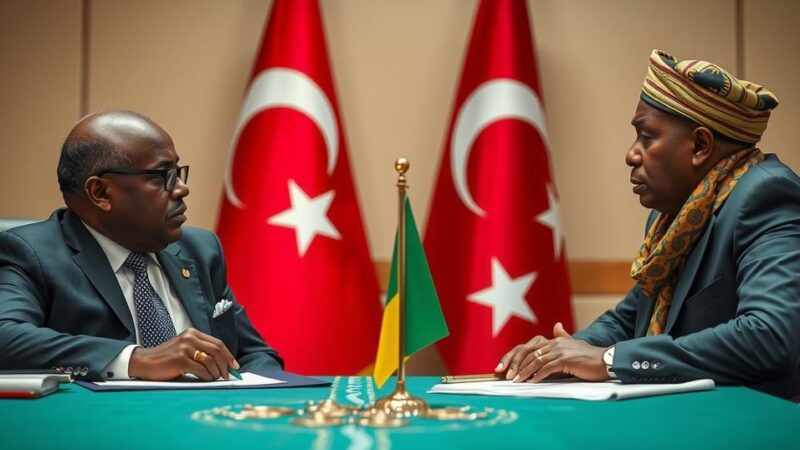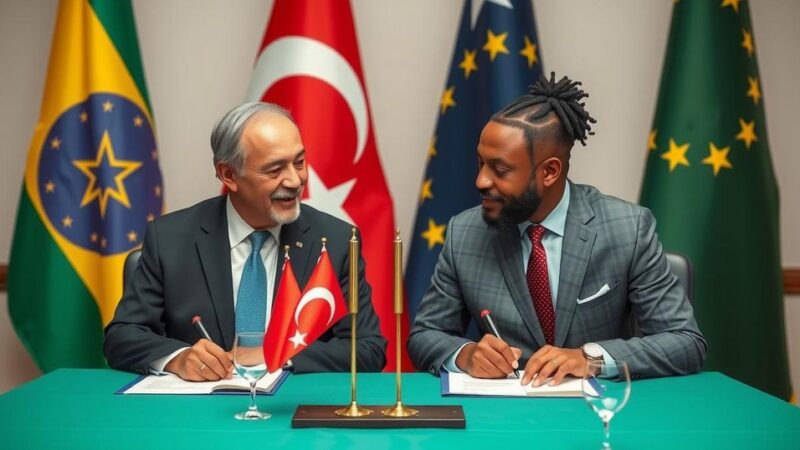Prime Minister Narendra Modi met with Chinese President Xi Jinping at the BRICS Summit in Kazan, Russia, marking their first structured meeting in five years. This meeting followed an agreement on patrolling along the LAC, highlighting renewed diplomatic engagement. Modi emphasized support for dialogue over conflict and the need for joint efforts to combat terrorism.
On September 27, 2023, Prime Minister Narendra Modi and President Xi Jinping of China convened a crucial bilateral meeting on the margins of the BRICS Summit in Kazan, Russia. This meeting marked the first structured dialogue between the two leaders in five years, with their previous session occurring in October 2019 in Mamallapuram, just prior to the border tensions that emerged in eastern Ladakh. Notably, this dialogue followed a recent agreement between India and China addressing patrol operations along the Line of Actual Control (LAC), a contentious point in their bilateral relations. The agreement was reached after extensive rounds of diplomatic and military discussions between the two nations. This diplomatic engagement was bolstered by various meetings among senior officials over the preceding months. For instance, Indian External Affairs Minister Dr. S. Jaishankar met with his Chinese counterpart Wang Yi during the Shanghai Cooperation Organisation (SCO) Summit on July 4 and again during ASEAN-related meetings in Laos on July 25. Additionally, National Security Adviser Ajit Doval met with Wang Yi in September during a BRICS-related event in St. Petersburg. Prime Minister Modi underscored India’s commitment to dialogue and diplomacy during the Open plenary session of the BRICS Summit, articulating a clear stance against war. He stated, “We support dialogue and diplomacy, not war. And, just as we together defeated a challenge like COVID, in the same way, we are fully capable of creating new opportunities for a safe, strong, and prosperous future for the future generation…” He further emphasized the importance of addressing global cybersecurity regulations and the necessity for coordinated action among BRICS nations in combating terrorism and terror financing. Modi advocated for a unified front against these pressing issues, insisting there is “no place for double standards on such a serious issue. We should take active steps to prevent radicalization among the youth of our countries.” This meeting represents a significant diplomatic gesture amid ongoing tensions between India and China, reflecting a willingness to engage constructively for mutual ambition and regional stability.
The bilateral relations between India and China have historically been complex, characterized by periods of cooperation and conflict, particularly along their disputed border. The last structured meeting between Prime Minister Narendra Modi and President Xi Jinping in October 2019 precedes increased militarization and rising tensions, especially in eastern Ladakh following skirmishes in 2020. The recent agreement on patrolling along the LAC signifies a critical step towards reducing friction and fostering dialogue. The BRICS Summit provided a platform for high-level discussions, highlighting the willingness of both nations to collaborate despite their differences.
In conclusion, the bilateral meeting between Prime Minister Modi and President Xi Jinping during the BRICS Summit underscores the importance of diplomatic engagement in alleviating tensions in India-China relations. The recent agreement on patrolling along the LAC and Modi’s emphasis on dialogue over conflict resonate with a forward-looking approach that aims to secure regional peace and cooperation in addressing global challenges such as terrorism and cybersecurity.
Original Source: www.hindustantimes.com

